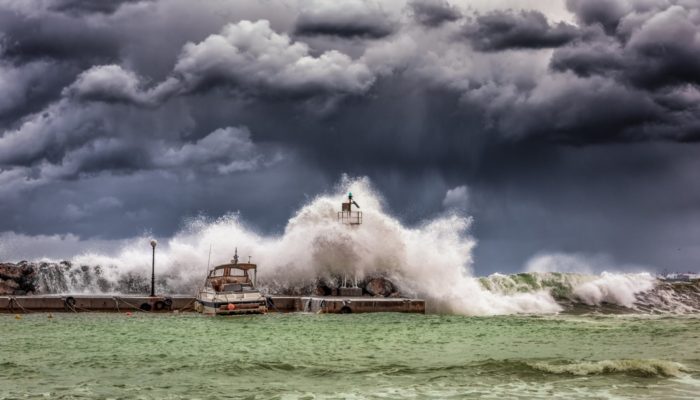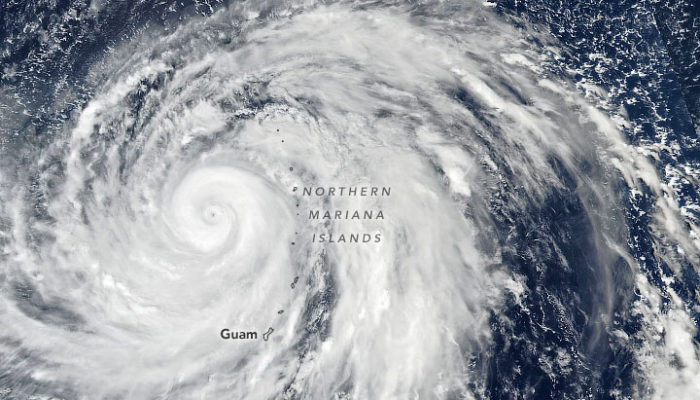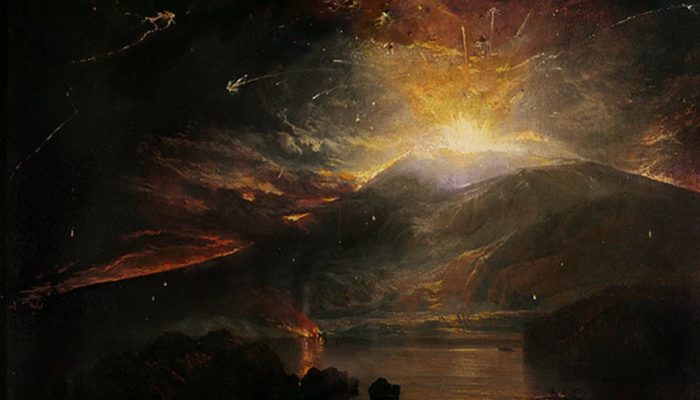In this last post of 2019, I have the pleasure to ask some questions to Ira Didenkulova, the President of the EGU Natural Hazards division who has been recently elected for a second mandate. Ira, can you introduce yourself and tell what led you the position of EGU Natural Hazard (NH) Division president? What are the main challenges you had and what’s next for the NH division? It seems this ...[Read More]
A coffee with Mr Fujitsuka: Typhoon Hagibis and the recovery process
Today I got the chance to grab a coffee with Mr Fujitsuka, an ex-officer of the Ministry of Environment of Japan in charge of disaster preparedness, management and recovery. The reason why I decided to interview Mr Fujitsuka is that he helped in first person to manage the recovery process during Typhoon Hagibis that paralyzed the eastern coast of Japan on the first week of October. But, before exp ...[Read More]
Time for submissions: sessions proposed by NhET at the next EGU General Assembly!
We are getting closer to 2020 and one of the first deadlines is for the submission of abstracts for the next EGU General Assembly (GA) in Wien, from the 3rd to the 8th of May 2020. The Natural hazards Early career scientist Team (NhET) has proposed several sessions and short courses also for next GA. Below you can find a list of them. We also remind that there is an opportunity for financia ...[Read More]
The bad, the good and the unpredictable: living with volcanoes / part 2
Before continuing, if you haven’t read it yet, catch up with the first part of this blog article by clicking on this link. The good Living with volcanoes is not all bad. Volcanoes provide a wealth of natural resources in the form of building materials, hot springs, freshwater and fertile soil. However, there are more hidden aspects, which was the focus of a recent collaboration with an archa ...[Read More]




